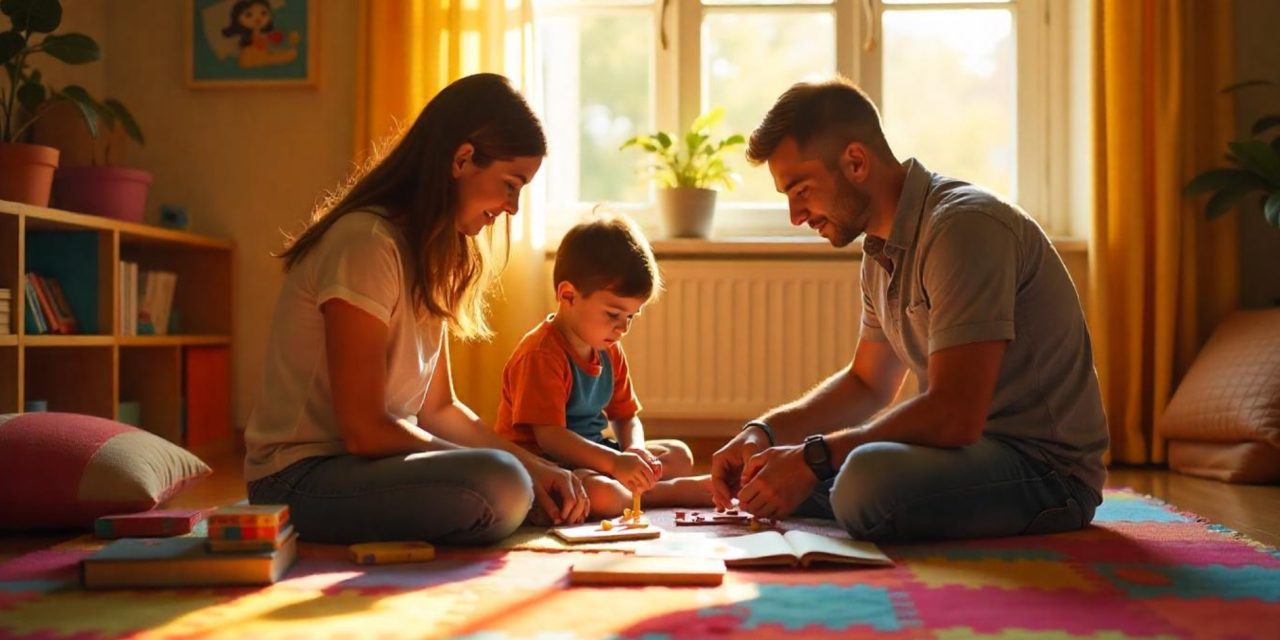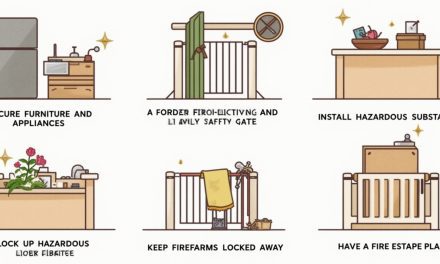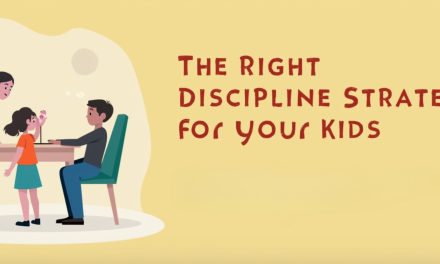Convincing kids to play educational games is like trying to get them to eat their broccoli—at first, they might resist, but with the right approach, they’ll be asking for seconds! The secret to making learning fun is simple: turn it into a game. No, really! Kids love games, and if you can sneak a little education in there, they’ll barely notice they’re becoming mini geniuses.
With a little creativity and a dash of humor, parents can turn the idea of “learning time” into “playtime”—and who doesn't want to play? Let's dive into how to make those educational games irresistible!
Play Together for a Shared Learning Experience
The first step in encouraging kids to dive into educational games is actively participating in their learning journey. Instead of just handing them a tablet or loading up the game, join in! Play together, ask questions, and discuss what they’re learning.
This shared experience makes it more enjoyable for your child and helps reinforce the knowledge they're gaining in a fun, interactive way. Plus, it’s a great bonding experience that shows your child you value learning as much as they do.
Set Achievable Learning Goals
Another way to motivate your kids is by setting achievable learning goals. No one likes feeling overwhelmed, especially kids.
So, break down the learning process into small, manageable tasks and celebrate each milestone. Did they finally solve that tricky math puzzle? High five! Did they read an entire chapter on their own?
Let’s throw a mini celebration! Positive reinforcement is key here—it boosts their confidence and helps them realize that learning is something to be proud of. By setting realistic goals, you’ll also give them the motivation to keep playing and learning.
Match the Game to Your Child's Interests
It’s also important to understand your child’s learning style. Some kids may love logic-based puzzles, while others thrive in creative storytelling games.
Understanding what excites them can help you choose educational games that align with their interests. This ensures they’re learning effectively and having a blast doing it. When kids engage in something they enjoy, they’re more likely to keep playing and developing new skills without realizing it.
Create a Consistent Learning Routine
Creating a routine around educational games is another way to keep the momentum going. Set aside specific times during the day for learning games, and make it a regular part of their schedule.
This consistency builds good habits and helps kids stay engaged. Just like brushing their teeth or doing homework, make it part of their daily rhythm so they know it’s something fun to look forward to. The more routine it becomes, the more they’ll see learning as a natural and enjoyable part of their day.
The Bottom Line
In the end, the goal is to foster a love of learning by making it enjoyable. With patience, a little creativity, and plenty of positive reinforcement, you can turn educational games into a powerful tool for your child’s development. Perhaps, you might even start a friendly family competition along the way!
Ready to turn learning into play? Visit Marvelus Kids for more expert tips on encouraging kids to love educational games. Stay tuned for fun ways to boost your child’s learning journey!









